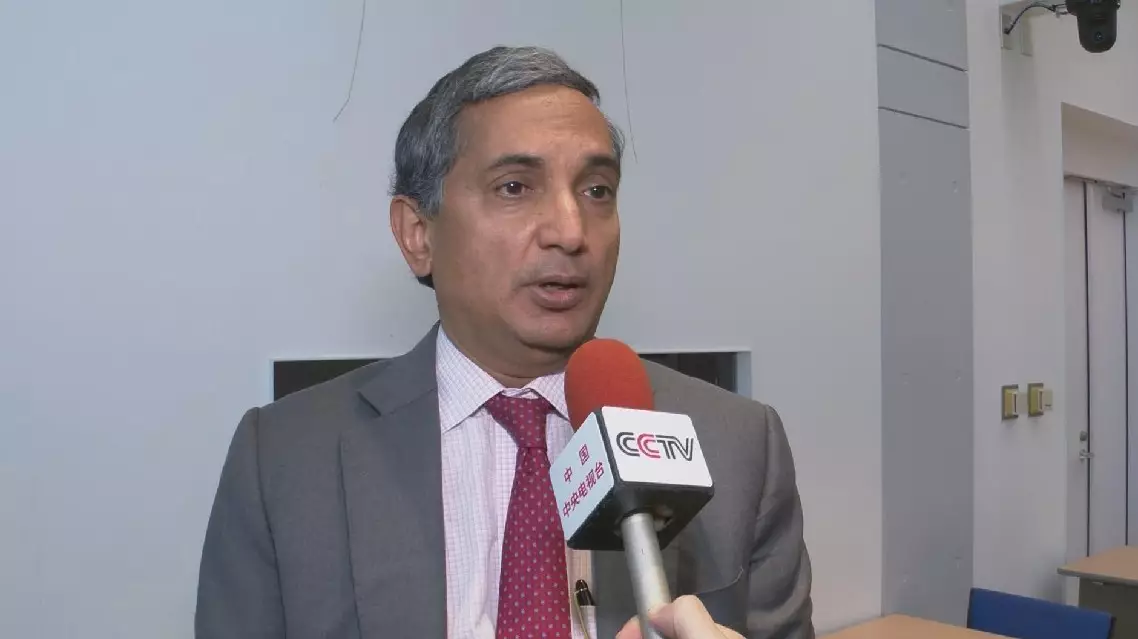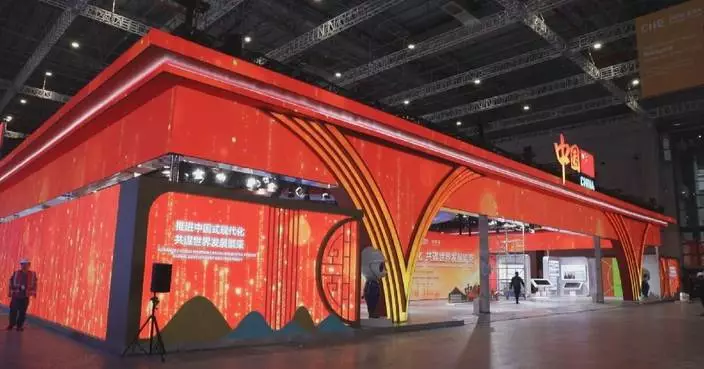China's recent policies to boost the economy are on the right direction, but more needs to be done to revitalize its struggling property sector, said Krishna Srinivasan, director of the International Monetary Fund (IMF)'s Asia-Pacific Department.
China announced a raft of monetary stimuli, property market supports and capital market strengthening measures to boost economic growth in late September, which has been warmly received by both domestic and foreign investors.
In an interview with China Global Television Network (CGTN) in Tokyo, Japan on Friday, Srinivasan said the impactful measures announced by the Chinese government are a great boost for market confidence.
"All the measures that have been announced by the government, whether it's the monetary measures or the financial sector measures, all the measures on the fiscal side, trying to help the local governments, all these are in the right direction, are heading to the right direction. But it's our belief that more needs to be done to put the property sector on a more durable footing," said Srinivasan.
The IMF official also expressed high expectations for the upcoming APEC Peru 2024 scheduled from Nov. 10 to 16.
"The APEC is a very important organization. It has 21 members, all of which are very important in the global arena. So this is an opportunity again to talk about greater integration, fight against the forces of geoeconomic fragmentation. And so have a forum to have a good discussion, good dialog on what needs to make, what we need to do to make the world a better place in terms of improving or lowering fragmentation, lowering trade restrictions and so on. And at the end of the day, most of the world's problems can be resolved through dialog and discussion. And that's the hope for all these forums like APEC and others," said Srinivasan.
APEC is a regional economic forum established in 1989 to leverage the growing interdependence of the Asia-Pacific. APEC's 21 members aim to create greater prosperity for the people of the region by promoting balanced, inclusive, sustainable, innovative and secure growth and by accelerating regional economic integration.
Its 21 member economies are home to nearly 40 percent of the world's population, account for around half of the global merchandise trade and around 60 percent of global GDP.

IMF official lauds China's measures to boost economy









